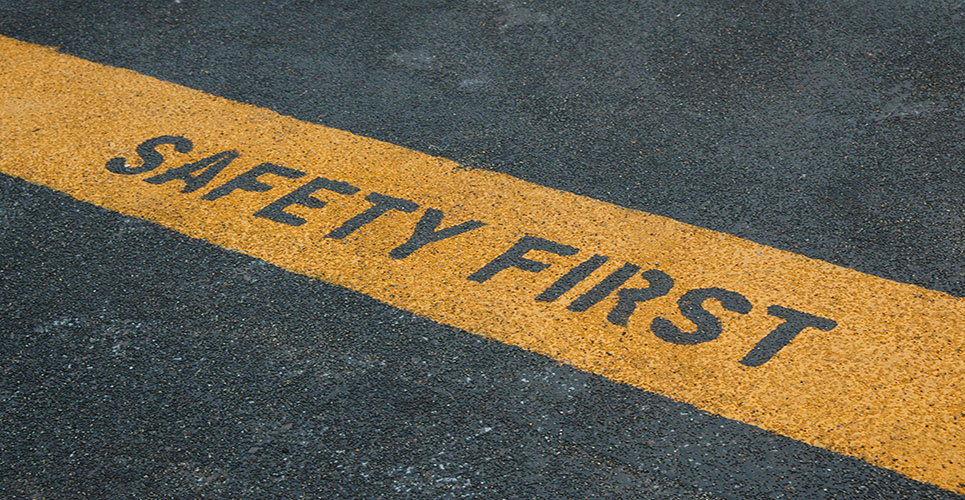The European Federation of Pharmaceutical Industries and Associations (EFPIA) has welcomed the plenary vote by the European Parliament on the ‘Falsified Medicines Directive’.
The vote follows months of intensive negotiations between the Parliament and Member States.
The next step will be for the Council to formally approve the final text before it can come into force.
This Directive allows for the introduction of several measures to secure pharmaceutical supply chains in Europe, from the original manufacturer to the dispensing pharmacy.
The vote of the European Parliament is an important move in achieving greater protection for patients from counterfeit medicines.
The Director General of EFPIA, Brian Ager, said: “This vote clears the way for concrete measures to help protect patients in Europe from counterfeit medicines. As counterfeit medicines endanger the health and lives of patients, we now urge that these measures are implemented as rapidly as possible so that citizens benefit from these added safety provisions”.
Mr Ager continued: “Implementation of the Directive will require the involvement of all key stakeholders – manufacturers, pharmacists and wholesalers but also patients – to ensure success.
“With their involvement in the design, implementation and running of systems, we can deliver the highest possible level of patient safety, the fastest roll-out in member states at the optimal possible cost.”
One key element of the directive is the introduction of a pan-European system to provide unique serial numbers (such as two-dimensional bar codes) on each genuine medicine pack.
This will allow pharmacists to check whether a pack with that serial number has previously been dispensed, alerting them to any risk of counterfeiting.
However, to ensure maximum effectiveness it is vital that all medicines are verified systematically at pharmacy level.
The Directive also sets out provisions covering internet sales. The planned measures will protect patients purchasing online in those countries where it is legal to do so, and will better inform patients about the dangers of purchasing from illegal online sources.
However, EFPIA remains convinced that a more comprehensive approach to illegal online sales of medicines is needed, and looks forward to further work in this area by the European Commission.
Copyright EFPIA February 2011

